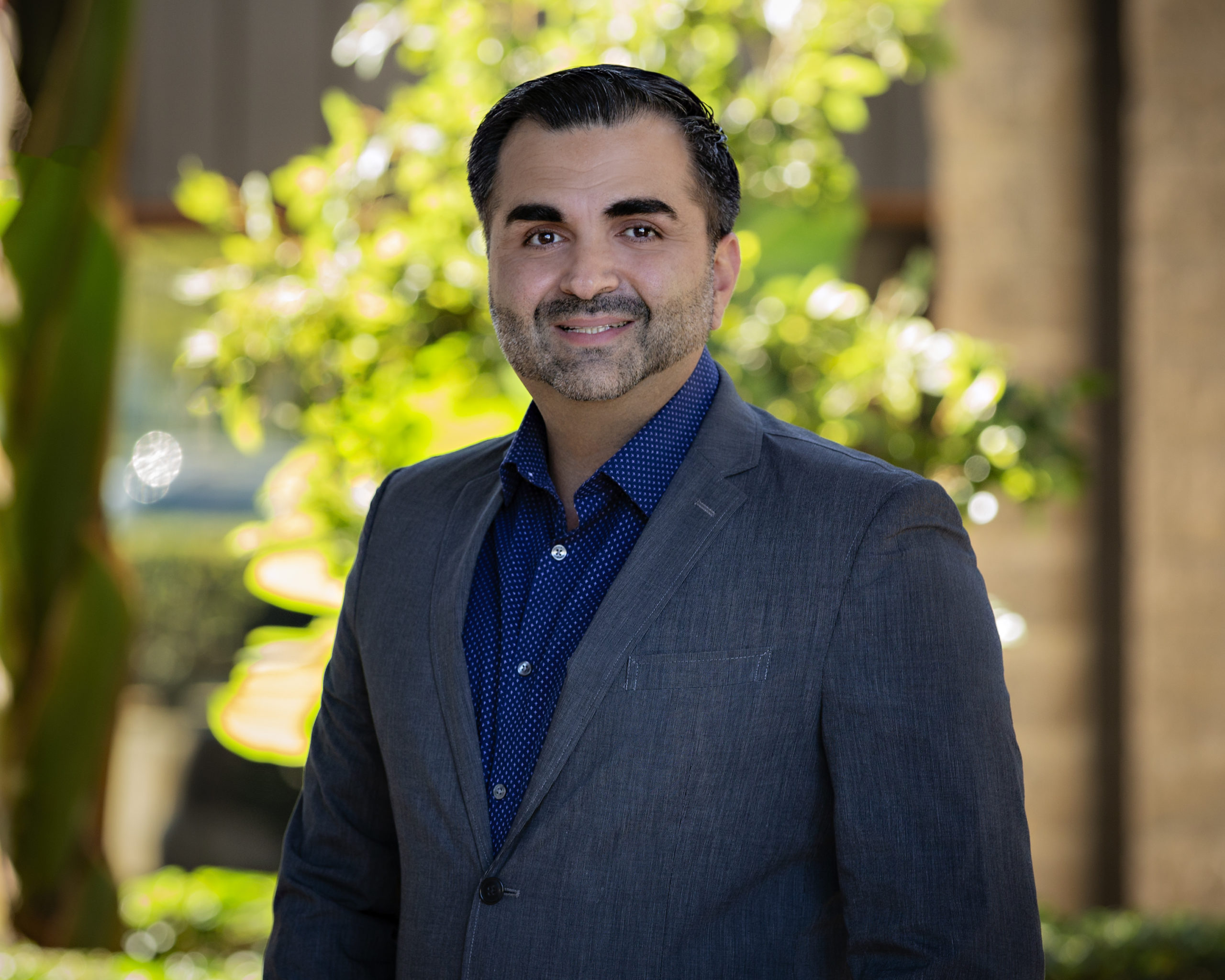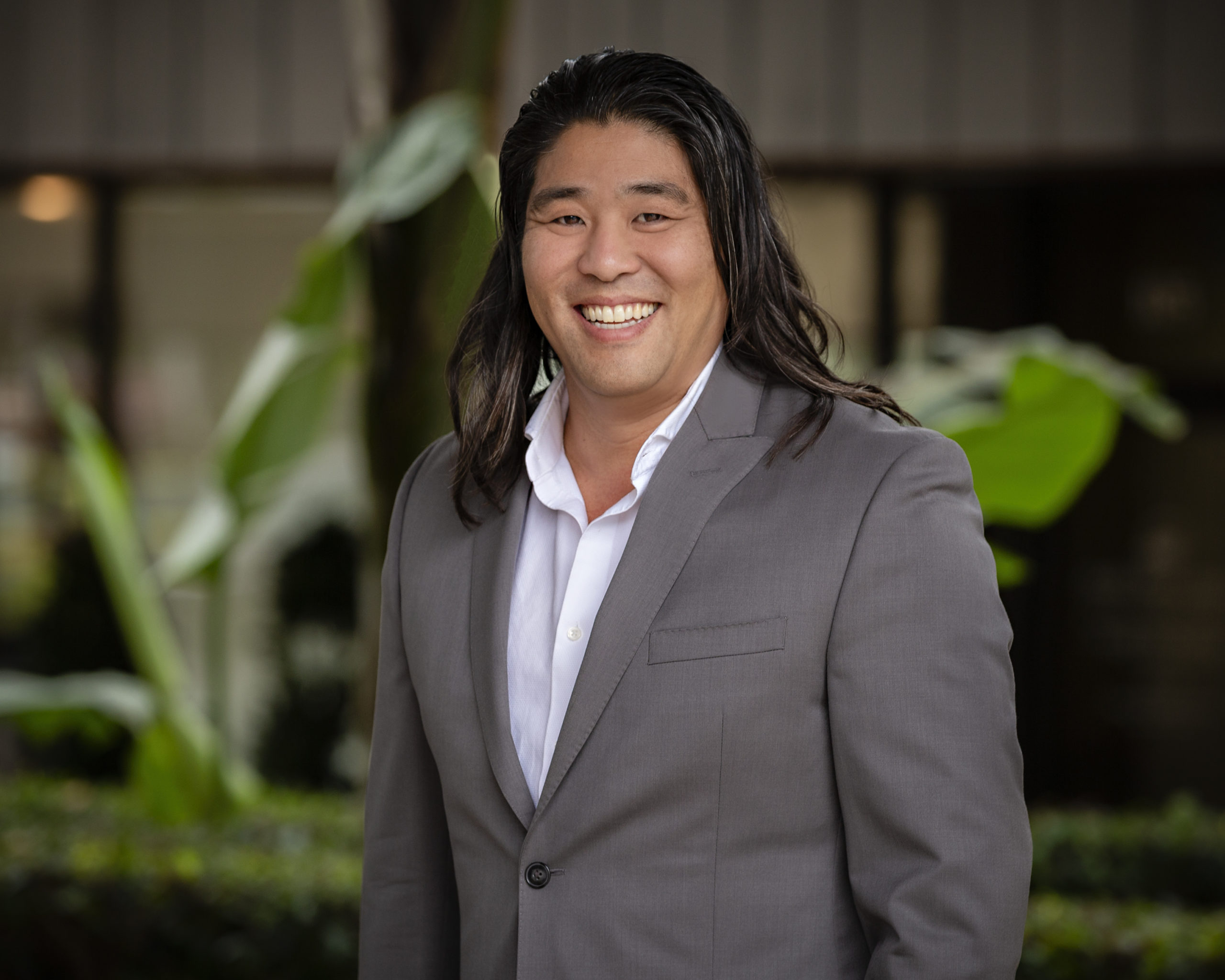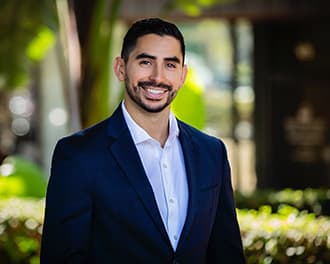Welcome to Oceanfront Recovery: Premier Dual Diagnosis Treatment Center In Laguna Beach, CA
At Oceanfront Recovery, we understand that effective addiction treatment requires addressing both mental health and substance use disorders simultaneously. Our Dual Diagnosis Treatment program in the heart of Orange County is designed to provide you with the comprehensive care you need in a supportive and luxurious environment. Contact our admissions team to verify insurance can cover the treatment, so you or your loved one can focus on the path to recovery.
Oceanfront Recovery works with most in-network partners and may cover ALL costs so you or your loved one can focus on recovery.

What Is Dual Diagnosis?
Dual diagnosis refers to a condition where an individual is affected by both a mental health disorder and a substance use disorder simultaneously. This scenario is also commonly referred to as co-occurring disorders. The interplay between the two conditions can complicate diagnosis and treatment because the symptoms of one disorder can exacerbate or mask the symptoms of the other.
For example, someone might suffer from a mental illness of depression and cope by excessively drinking alcohol. In another scenario, a person with an anxiety disorder might begin using drugs like Fentanyl to mask their symptoms.
This dual challenge requires a specialized approach in treatment to effectively address both issues together rather than treating them separately. Some of the most common conditions that accompany substance abuse include:
- Mood disorders
- Depression
- Anxiety disorders
- Post-traumatic stress disorder
- Bipolar disorder
Why Choose Our Dual Diagnosis Treatment Center?
Integrated Treatment Approach
Our integrated Orange County Dual Diagnosis Treatment approach combines the latest in clinical and therapeutic care to treat both addiction and mental health disorders together. We are staffed with highly qualified professionals with licensed therapists who are committed to carefully addressing the co-occurring disorders and structuring the treatment specific to the diagnosis. This holistic approach ensures that all underlying causes of addiction are treated with care, paving the way for a sustainable recovery.
Expert Care in a Luxury Facility
As one of the leading luxury Dual Diagnosis Treatment Centers in California, Oceanfront Recovery offers a serene setting conducive to healing and recovery. Our amenities are designed to provide comfort and promote wellness, making your journey to recovery as smooth as possible. We work with the best in-network providers, so you or a loved one can focus on what matters the most, well-being and health.

Located in Scenic Laguna Beach, CA
Nestled in the picturesque setting of Laguna Beach, our Dual Diagnosis Treatment facility offers a tranquil environment ideal for healing and self-discovery. The natural beauty surrounding our center enhances the therapeutic process and helps you reconnect with yourself.
Our Dual Diagnosis Treatment Programs
Personalized Care Plans
Each admitted individual at Oceanfront Recovery receives a personalized treatment plan structured to their unique needs. Our team of experts specializes in Dual Diagnosis Residential Treatment, providing round-the-clock care and support. Look through other programs available:
Comprehensive Support Services
We offer a range of support services including individual therapy, group sessions, and family counseling. Our approach not only focuses on treating the illness but also on empowering you with the skills needed for a dual-diagnosis recovery. Dual diagnosis treatment is vital for recovery from substance abuse with co-occurring disorders because:
- Those with a mental health disorder are at a higher risk of developing a chemical dependency.
- The effects of long-term substance abuse can worsen mental health or trigger the onset of mental illness.
- An incomplete approach to treatment significantly increases the risk of relapse since the underlying issues are not addressed.
- Patients with co-occurring disorders who receive integrated treatment have better outcomes than those who only treat one condition at a time.
So I just wanted to say a HUGE thank you for everything you guys have done for me, I am truly grateful for the love & kindness that I’ve gotten since I have been here. I appreciate every single one of y’all. Oceanfront has become my family and I will never forget the amazing journey I went through here.
Benefits Of Dual Diagnosis Treatment
A dual diagnosis treatment program provides the specific treatment options needed for chemical dependencies and mental health issues. These programs are designed to:
- Help individuals who enter addiction treatment with symptoms of other co-occurring or underlying mental health concerns
- Address mental health problems in conjunction with drug and or alcohol dependency
- Help clients explore how these two concerns interact and understand how one can influence the other
- Help clients heal from everything holding them back in life rather than addressing one thing at a time
- Ensuring that both disorders are addressed in the dual diagnosis treatment program in a way that makes them feel empowered and strengthened
- Emphasizing the inclusion of family members or other loved ones in the process of recovery since family input can help staff understand a client’s background and create a more personal treatment program
Dual diagnosis treatment programs build a strong support system that helps you find long-lasting recovery after the completion of treatment.
Start Your Journey To Recovery At Oceanfront Recovery In Laguna Beach, CA
If you are looking for dual diagnosis treatment centers near Orange County, look no further than Oceanfront Recovery. Contact us today to learn more about our dual diagnosis treatment programs and how we can help you or your loved one start the journey to recovery.
We are among the top dual diagnosis treatment centers in Orange County. Our location in beautiful Laguna Beach gives our staff and clients access to a range of recovery amenities, from a large community of recovery resources to the natural therapeutic properties of the beach and ocean. Our professional staff considers every client’s entire health history to construct a treatment plan that works for their unique needs.
CLINICAL TEAM

Dr. Mandy Neeble-Diamond
CLINICAL SUPERVISOR

Dr. Mahallati

Matthew Kinoshita, LMFT
Clinical Director

Ernesto Paz, LMFT
Lead Therapist






